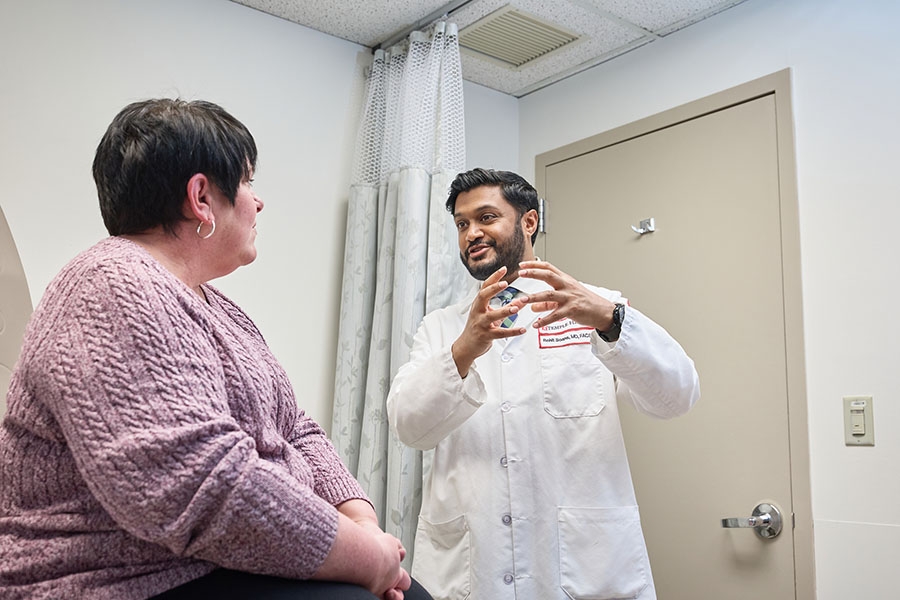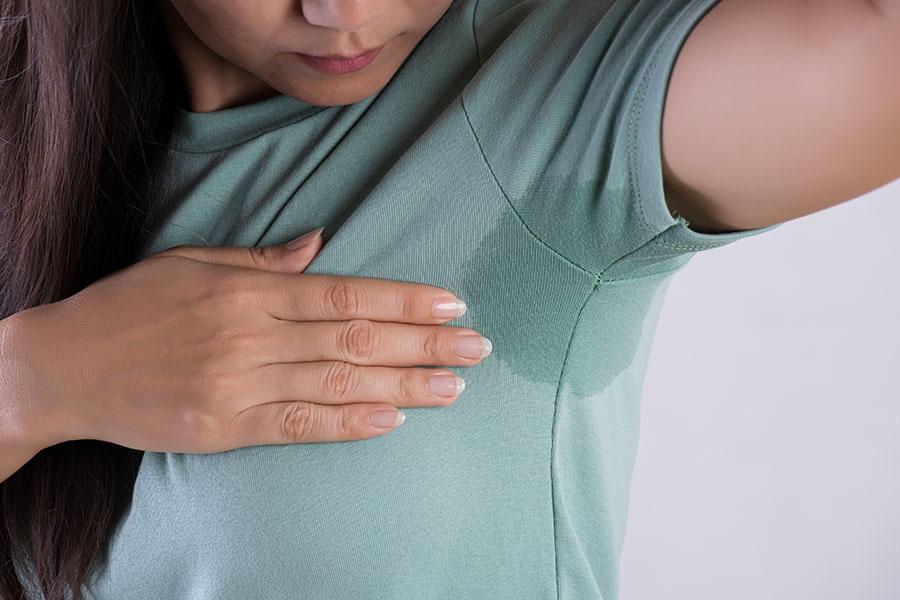Did you know that 1 in 6 Americans (that's 48 million people) get food poisoning and more than 3,000 die each year from it?1
Food poisoning happens from eating food that has bacteria, a virus or parasite. You can experience anything from a stomachache and diarrhea to a fever and vomiting.
It takes more than handwashing to avoid food poisoning. Here are easy-to-follow steps to protect yourself and your family from foodborne illness, whether at home or food shopping:
At Home
- Disinfect countertops: Soap and water are great cleaning agents, but they're not disinfecting agents. After washing countertops with soap and hot water, disinfect them with a solution of 1-3 tablespoons of household chlorine bleach per gallon of water. Use a countertop cleaner on granite countertops.
- Replace old cutting boards: Salmonella and other bacteria can get into the cracks of cutting boards and be difficult to remove. Replace cutting boards regularly.
- Avoid cross contamination: Use color-coded cutting boards and utensils for meat, veggies and fish. Or, put a dab of non-toxic paint on boards and utensils to tell them apart. For example, use red for meat, green for veggies and blue for fish.
- Thaw in the refrigerator: Do not thaw foods at room temperature. Do not refreeze foods once they have been completely thawed.
- Store water in the pantry: Do not keep bottled water in your garage or near cleaning products. Gasoline and any products that have a vapor — such as oven cleaner and paints — can penetrate plastic water bottles that are slightly permeable.
At the Grocery Store
- Check expiration dates: Some supermarkets discount food items close to their expiration dates to move foods off the shelves. While this is certainly a money saver, it can be dangerous if you do not use the food right away. If you can't use the food before the expiration date, freeze it or leave it at the store.
- Buy whole head lettuce: Bagged, pre-washed lettuce is convenient but it can also be a breeding ground for bacteria. Food experts agree it's safer to buy a whole head of lettuce. And it's cheaper, too.
- Buy pasteurized eggs: Pasteurized eggs are preheated to kill bacteria and viruses inside the shell. They cost more than regular eggs and come with a "P" stamped on the carton. If you're eating out, you probably won't be served pasteurized eggs, so order eggs cooked well done instead of over-easy to reduce your risk of salmonella.
When to See a Doctor
If you experience food poisoning and your symptoms are not improving, visit one of our 4 ReadyCare urgent care centers — no appointment needed.
For More Information
Have more questions about food safety?
- Call the National Sanitation Foundation Consumer Safety hotline at 800-673-8010.
- Contact the FDA's Safe Food Information line at 888-SAFE-FOOD (888-723-3366).
- Visit FoodSafety.gov for news, alerts and tips to prevent food poisoning.


